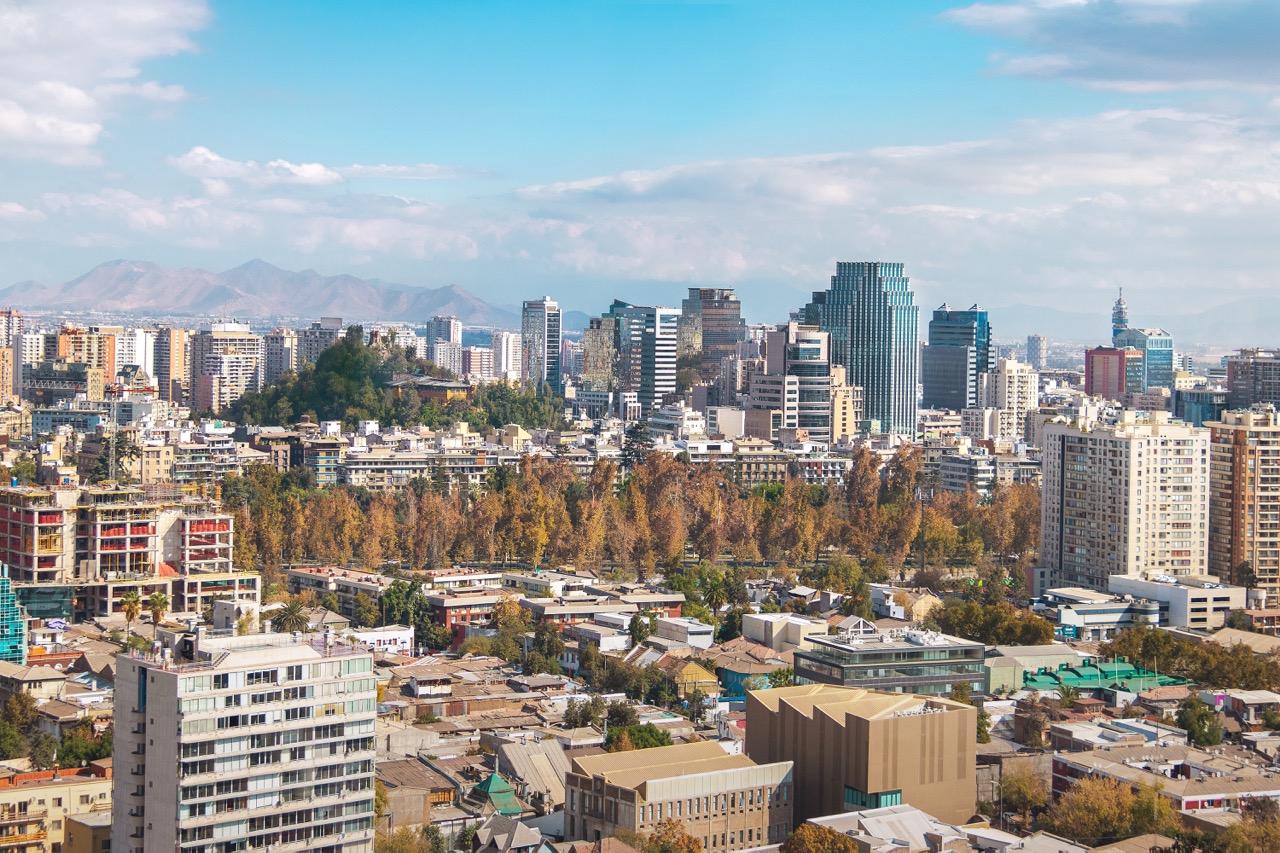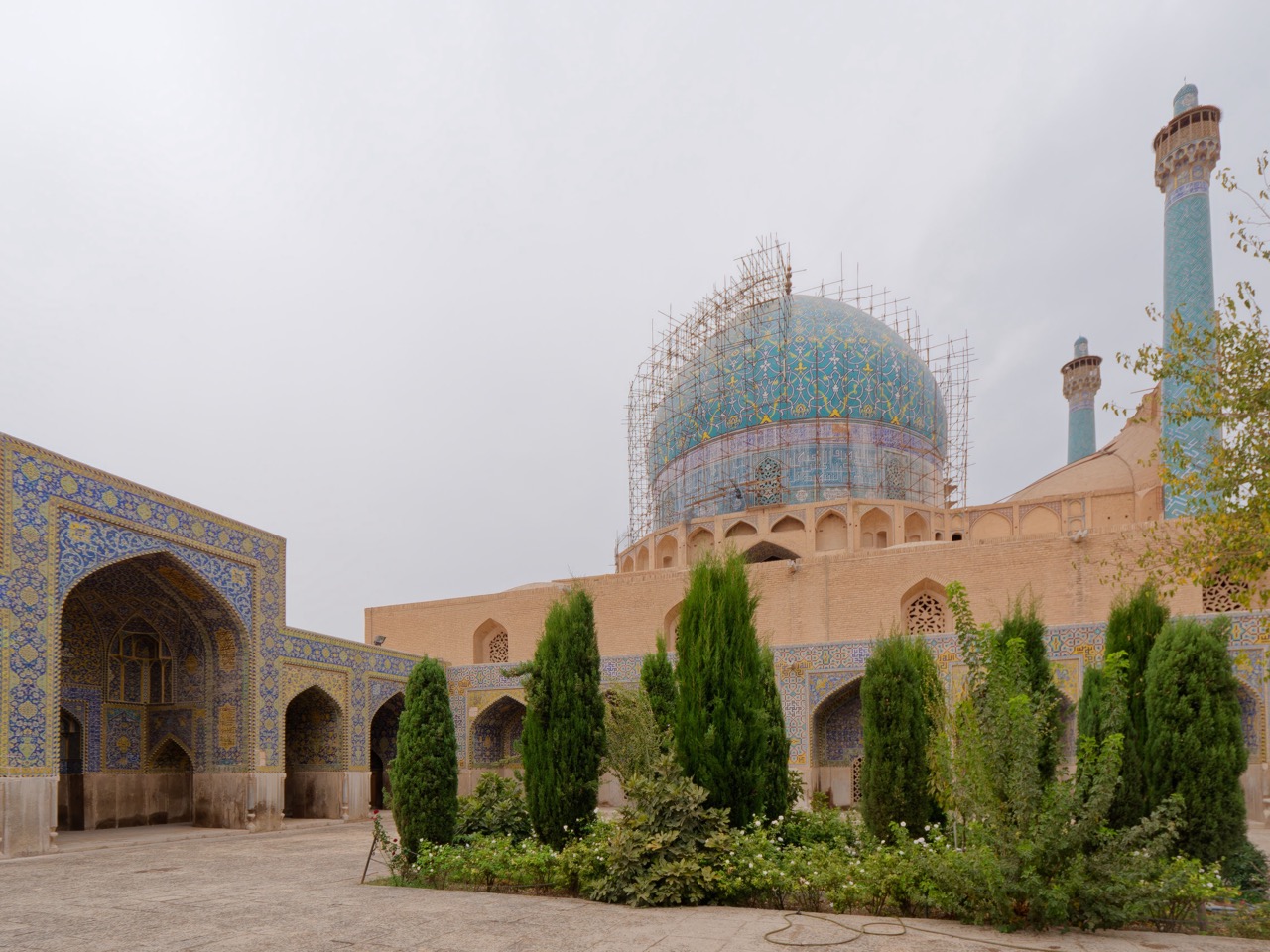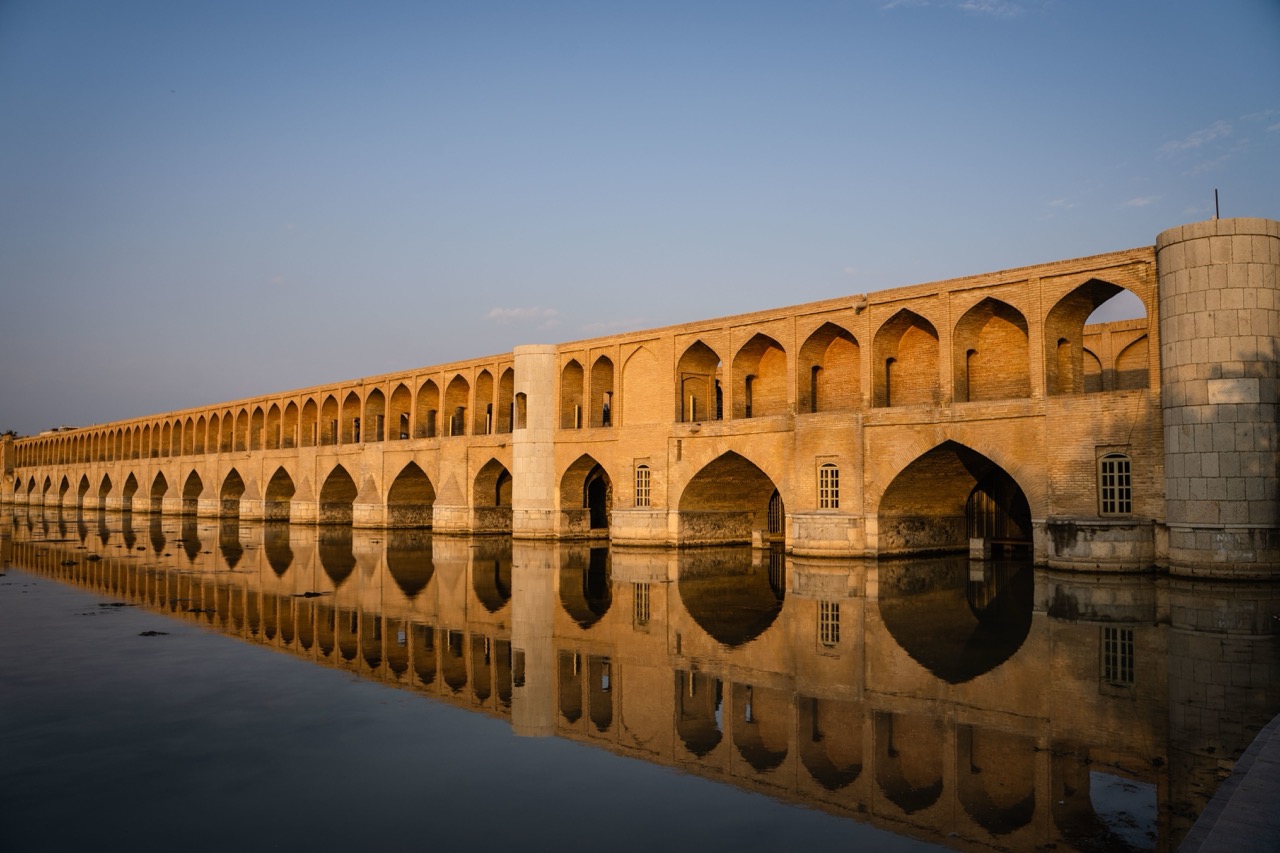The culinary world is a melting pot of cultures, and Persian cuisine has emerged as a vibrant thread in this rich tapestry. With its deep-rooted traditions, aromatic spices, and a keen emphasis on fresh ingredients, Persian food has begun to capture the attention of food enthusiasts and chefs alike. In recent years, a new generation of Persian chefs has taken it upon themselves to not only honor the age-old recipes but also to innovate and elevate them for a global audience. This article delves into the rise of Persian cuisine, the pioneering chefs behind its evolution, the signature dishes that define this gastronomic tradition, and the global impact these culinary artists have made in shaping modern gastronomy.
The Rise of Persian Cuisine: An Overview of Its Influence
Persian cuisine has a long and illustrious history, stretching back thousands of years and influenced by various cultures due to Iran’s geographical location. The cuisine is a reflection of this rich heritage, showcasing a variety of flavors and cooking techniques. Ingredients such as saffron, pomegranate, and various herbs are staples, creating dishes that are not only flavorful but also visually appealing. In recent years, there has been a renewed interest in Persian cooking, driven in part by the global movements towards health-conscious eating and fresh, whole ingredients.
In the United States and Europe, Persian restaurants have begun to pop up in urban centers, often helmed by chefs who have either grown up in Iranian households or have discovered the cuisine through their travels. This increased visibility has been pivotal in introducing Persian flavors to a broader audience. Food enthusiasts are eager to experience traditional dishes like kebabs and stews but are also curious about how these dishes can be reimagined in a modern context.
Furthermore, social media and cooking shows have played a significant role in popularizing Persian cuisine. Platforms like Instagram and TikTok allow chefs to showcase their culinary creations and share the stories behind them, effectively reaching an international audience. The sharing of recipes and cooking techniques online has fostered a community of food lovers who are eager to explore and embrace Persian culinary traditions, thus contributing to its global rise.
Pioneering Persian Chefs: Innovators in Culinary Artistry
Among the chefs who have played a transformative role in elevating Persian cuisine is Chef Nasim Alikhani, founder of the popular restaurant “Rooz,” which expertly blends traditional Persian recipes with modern culinary techniques. Alikhani’s approach emphasizes the importance of fresh, locally-sourced ingredients while staying true to the dishes’ cultural significance. Her innovative takes on classic recipes, such as saffron chicken with a twist of citrus, have resonated with diners looking for authenticity paired with creativity.
Another noteworthy figure is Chef Niki Nakazawa, known for her ventures like "Niko Niko," where she infuses Persian flavors with Japanese influences. This unique blend showcases how traditional Persian dishes can be adapted and transformed, appealing to a diverse demographic. Nakazawa’s work has not only highlighted the versatility of Persian cuisine but has also opened up conversations about cultural fusion in the culinary world.
Chef Yasmine Fadli, a rising star in the culinary scene, has also made waves by emphasizing sustainable practices while honoring her Persian roots. Her restaurant focuses on farm-to-table offerings, and she has made it her mission to educate diners about the importance of sustainability in cooking. By combining environmental consciousness with culinary artistry, Fadli is paving the way for new generations of chefs to embrace both innovation and tradition.
Signature Dishes: How Persian Chefs Redefine Flavors
Signature dishes in Persian cuisine often revolve around the use of rice, meat, and aromatic spices, but contemporary Persian chefs are finding inventive ways to incorporate global influences. Dishes such as Khoresht, a traditional Persian stew, have seen modern reinterpretations that include fusion elements, allowing diners to experience age-old flavors in new forms. Chefs are combining traditional stews with modern garnishes, creating visually stunning plates that highlight the colorful spices and fresh ingredients synonymous with Persian cooking.
One standout dish that has gained popularity is Persian-style grilled meats, or kebabs, which are now being served alongside international accompaniments. For instance, chefs are pairing kebabs with chimichurri, a South American herbal sauce, or serving them in gourmet wraps with Mediterranean ingredients, thus creating an exciting marriage of flavors that appeals to a broader audience. This technique of blending culinary traditions showcases the adaptability of Persian cuisine.
Additionally, desserts like Saffron Ice Cream, traditionally enjoyed in Iran, have been reimagined by various chefs who incorporate ingredients like matcha or cardamom to create unique flavor profiles. These inventive adaptations not only pay homage to Persian traditions but also introduce diners to the complexities of Persian flavors, encouraging them to explore the cuisine further. Through these adaptations, Persian chefs are redefining and elevating their culinary offerings while maintaining their cultural integrity.
Global Impact: Persian Chefs Shaping Modern Gastronomy
The impact of Persian chefs on the global culinary scene is undeniable. By pushing boundaries and exploring the intersection of tradition and innovation, they are not only expanding the palate of diners but also enriching the culinary landscape. Persian cuisine is increasingly being featured in food festivals, international competitions, and Michelin-starred restaurants, thanks to chefs who have successfully introduced gourmet versions of classic dishes to the mainstream. This elevation has led to a greater appreciation of Persian flavors and techniques, allowing them to carve out a rightful place in global gastronomy.
Moreover, Persian chefs have become ambassadors of their culture, using food as a medium to share stories and traditions that go beyond the plate. Through cookbooks, online courses, and media appearances, they have educated audiences about the rich history and versatility of Persian culinary arts. This outreach not only fosters cross-cultural understanding but also encourages culinary enthusiasts to explore the nuances of flavors and techniques rooted in Persian traditions.
As the world becomes more interconnected, the contributions of Persian chefs continue to inspire a new generation of culinary artists. Their innovative approaches and commitment to authenticity serve as a template for how traditional cuisines can evolve while still honoring their heritage. By embracing both their roots and modern influences, Persian chefs are paving the way for a culinary renaissance that celebrates diversity, creativity, and connection through food.
In summary, Persian cuisine is experiencing a renaissance, thanks to the efforts of visionary chefs who are dedicated to preserving tradition while embracing innovation. This blend of old and new not only redefines the culinary landscape but also invites a global audience to enjoy the rich flavors and cultural significance of Persian dishes. As these chefs continue to shape modern gastronomy, their contributions will undoubtedly leave a lasting impact, ensuring that the beauty and complexity of Persian cuisine remain influential in the culinary world for years to come.










